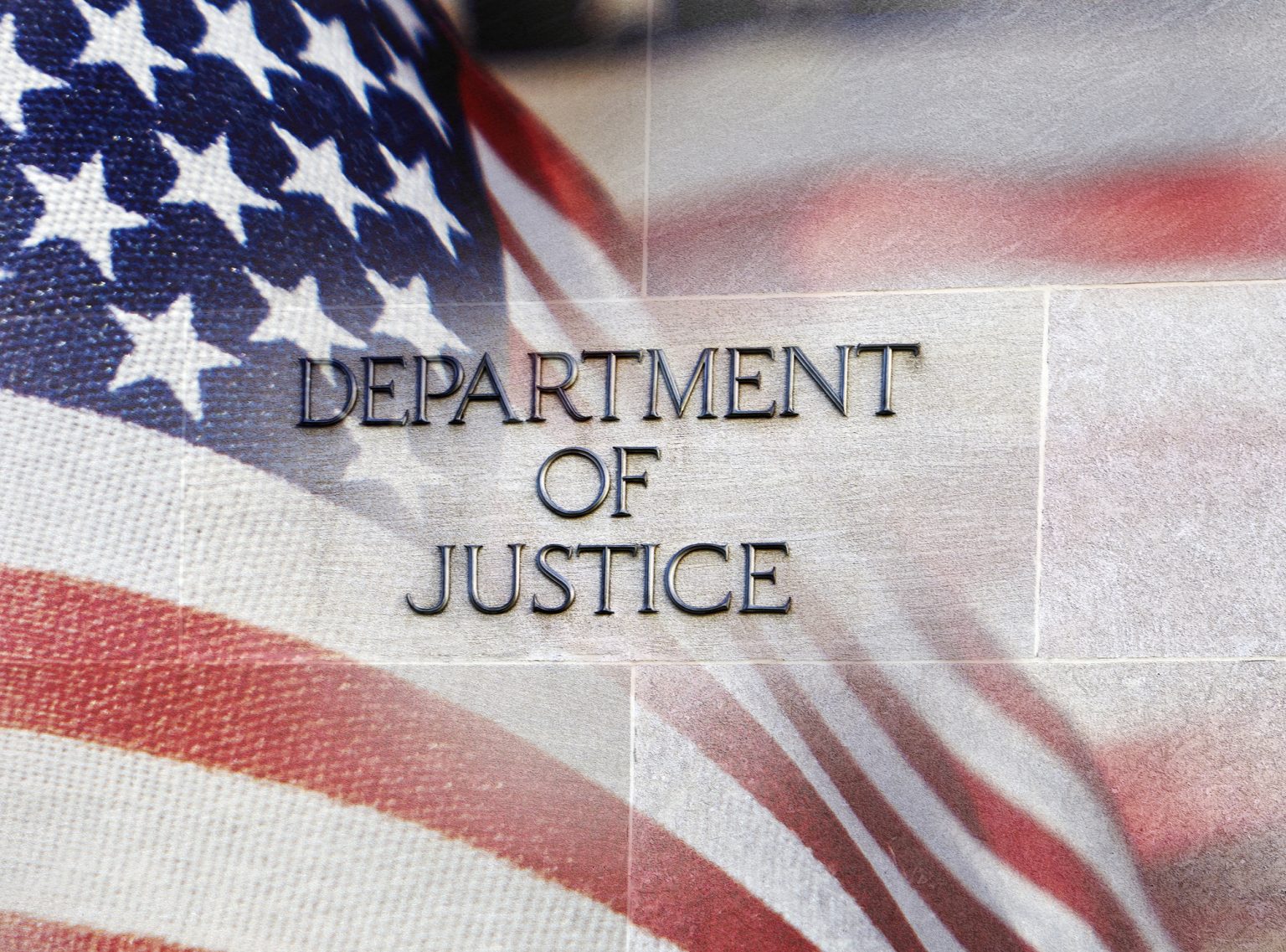Listen to the article
Federal Agencies Form Joint Task Force to Combat Healthcare Fraud
The U.S. Department of Health and Human Services (HHS) and the Department of Justice (DOJ) announced the formation of a new interagency initiative to tackle healthcare fraud. The DOJ-HHS False Claims Act Working Group, unveiled on July 2, 2025, represents a significant escalation in the federal government’s efforts to combat fraudulent healthcare claims.
The joint task force emerges as healthcare fraud continues to drain billions from government programs annually. For the fiscal year ending September 30, 2024, the DOJ recovered more than $2.9 billion in settlements and judgments from civil cases involving fraud and false claims against the government.
“This administration is fully committed to supporting aggressive action against healthcare fraud,” stated the announcement from federal officials. The working group’s formation signals that combating healthcare fraud has become a priority focus under the current administration.
The False Claims Act, which dates back to the Civil War era, allows the government to recover up to three times its damages plus inflation-linked penalties from entities that knowingly submit false claims. The law also covers those who deliberately use false records to avoid paying funds to the government.
The new working group brings together key players from across both departments, including representatives from the HHS Office of General Counsel, the Centers for Medicare & Medicaid Services Center for Program Integrity, and the Office of Counsel to the HHS Office of Inspector General. The DOJ’s Civil Division will participate along with designees representing U.S. Attorney’s Offices nationwide. Leadership will be shared jointly by the HHS General Counsel, Chief Counsel to HHS-OIG, and the Deputy Assistant Attorney General of the Commercial Litigation branch.
Industry analysts note that the task force’s creation comes amid growing concerns about fraud in evolving healthcare payment models and digital health systems. Healthcare spending accounts for approximately 18% of U.S. GDP, making it a prime target for both fraudsters and enforcement actions.
The working group has identified several priority enforcement areas. Medicare Advantage, which has grown substantially in recent years to cover over 30 million Americans, tops the list. The program has faced scrutiny over risk adjustment practices and potential overbilling.
Other focus areas include drug, device, and biologics pricing—specifically arrangements for discounts, rebates, service fees, formulary placement, and price reporting. This emphasis comes as prescription drug costs continue to draw public and legislative attention.
The task force will also target barriers to patient access to care, including violations of network adequacy requirements, and kickbacks related to drugs, medical devices, durable medical equipment, and other products paid for by federal healthcare programs.
Patient safety concerns feature prominently, with the group planning to pursue cases involving materially defective medical devices. The manipulation of Electronic Health Record systems to drive inappropriate utilization of Medicare-covered products and services rounds out the priority list.
Healthcare industry observers suggest companies should take immediate steps to prepare for increased scrutiny. Developing robust compliance programs, identifying areas with potential False Claims Act exposure, and addressing deficiencies promptly will be crucial for organizations operating in the healthcare sector.
“This is not just another government initiative,” explained a healthcare compliance expert who requested anonymity. “The combined resources and expertise of these agencies, plus their focus on specific high-value targets like Medicare Advantage and pharmaceutical pricing, suggests we’ll see significant enforcement actions in the coming months.”
For healthcare providers, insurers, pharmaceutical companies, and medical device manufacturers, the message is clear: federal authorities are intensifying efforts to recover fraudulently obtained funds and protect the integrity of government healthcare programs.
The working group’s formation also reflects broader government concerns about healthcare costs and quality as the population ages and healthcare spending continues to grow as a percentage of federal expenditures.
Fact Checker
Verify the accuracy of this article using The Disinformation Commission analysis and real-time sources.




9 Comments
Healthcare fraud is a persistent and costly issue. This new interagency approach seems like a step in the right direction, but the real test will be in its long-term effectiveness.
Healthcare fraud is such a complex and challenging issue. Glad the administration is making it a priority and investing in a multi-pronged approach to tackle the problem.
Sounds like the government is getting serious about cracking down on healthcare fraud. Glad to see they’re taking a more proactive approach to protecting taxpayer funds.
Definitely. Fraudulent claims can really add up and divert critical resources away from legitimate healthcare needs.
The False Claims Act has certainly proven to be an effective tool for the government in recovering funds lost to fraud. Curious to see how this new joint task force plans to build on that framework.
Agreed. Coordination between agencies like HHS and DOJ should help strengthen their enforcement capabilities.
The recovery of $2.9 billion in settlements and judgments is certainly impressive. Hopefully this new initiative can build on that success and drive even greater accountability.
Agreed. Tackling fraud at the source will be key to maximizing the impact and protecting taxpayer funds.
It’s good to see the government taking a more proactive stance on healthcare fraud. Curious to learn more about the specific tactics and strategies this new task force plans to employ.